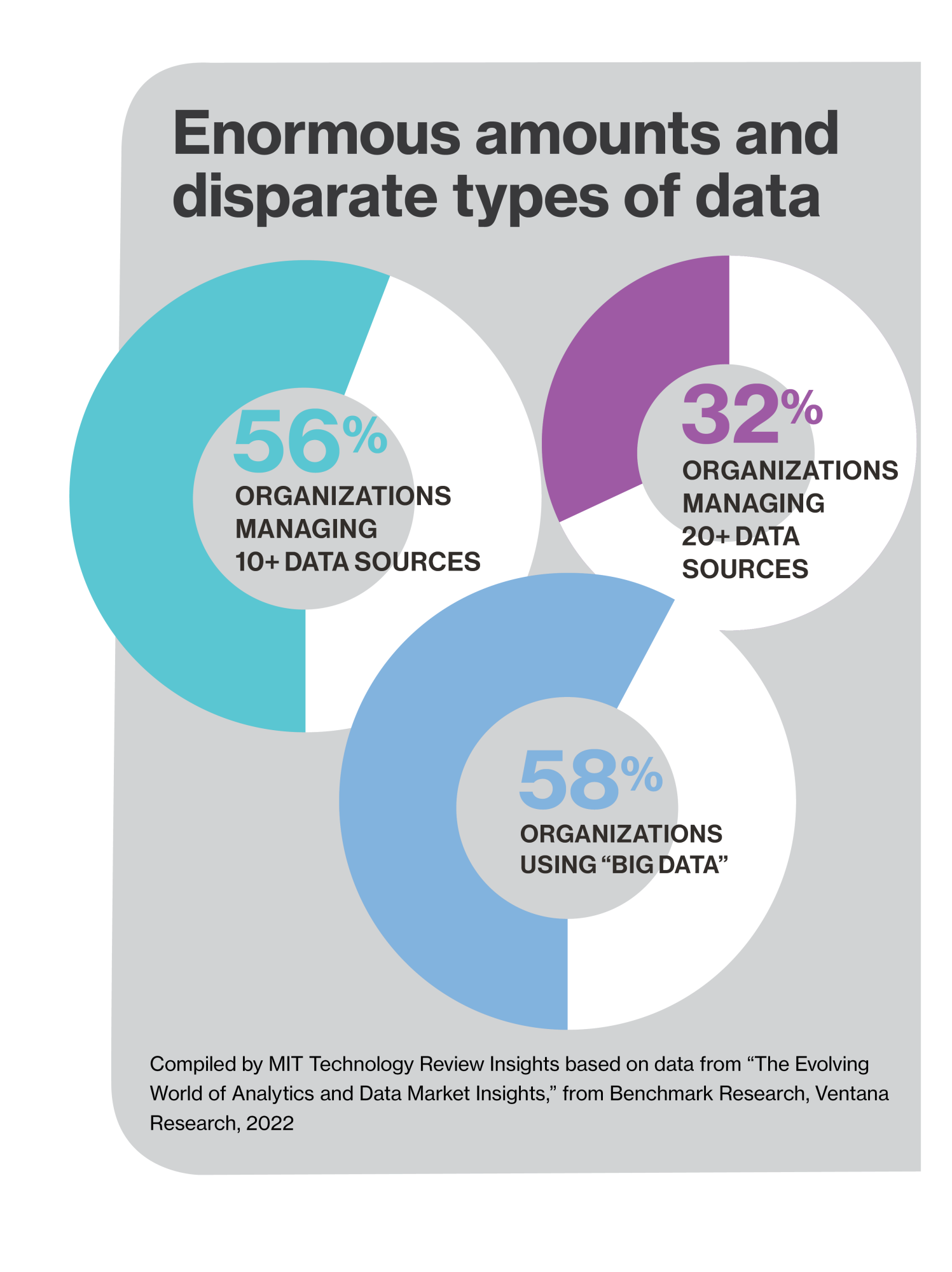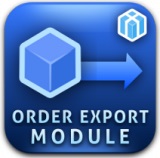Regeneron isn’t the only company eager to derive more value from its data. Despite the enormous amounts of data they collect and the amount of capital they invest in data management solutions, business leaders are still not benefitting from their data. According to IDC research, 83% of CEOs want their organizations to be more data driven, but they struggle with the cultural and technological changes needed to execute an effective data strategy.

In response, many organizations, including Regeneron, are turning to a new form of data architecture as a modern approach to data management. In fact, by 2024, more than three-quarters of current data lake users will be investing in this type of hybrid “data lakehouse” architecture to enhance the value generated from their accumulated data, according to Matt Aslett, a research director with Ventana Research.
“Data lakehouse” is the term for a modern, open data architecture that combines the performance and optimization of a data warehouse with the flexibility of a data lake. But achieving the speed, performance, agility, optimization, and governance promised by this technology also requires embracing best practices that prioritize corporate goals and support enterprise-wide collaboration.
Download the report
This content was produced by Insights, the custom content arm of MIT Technology Review. It was not written by MIT Technology Review’s editorial staff.






